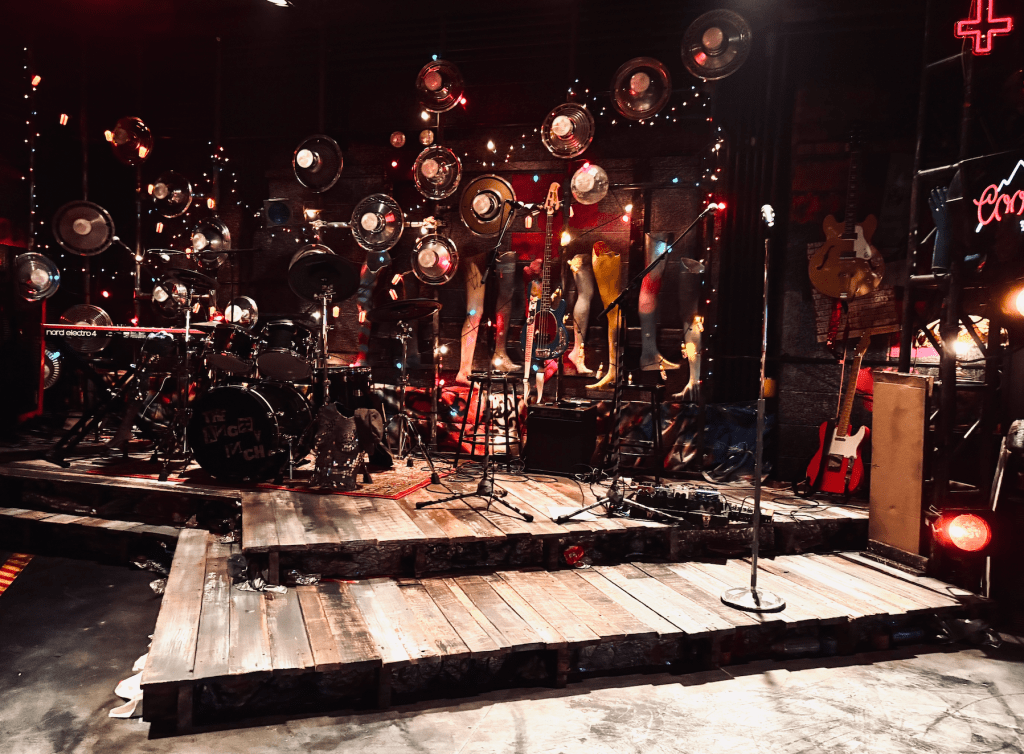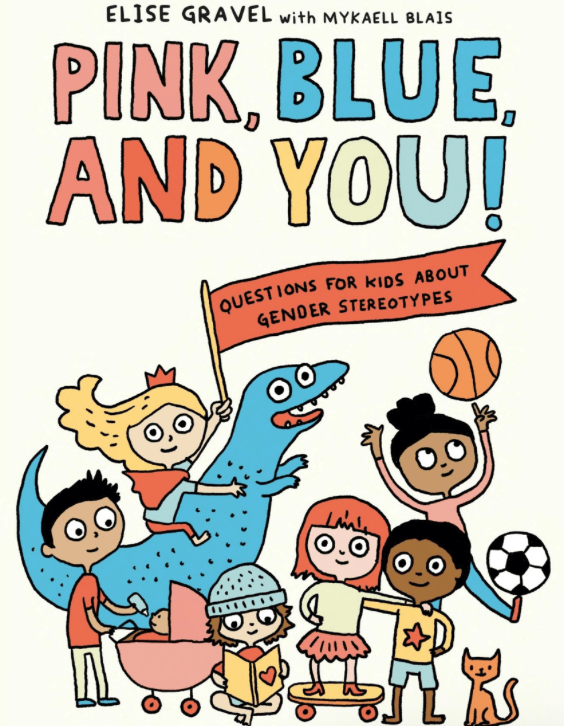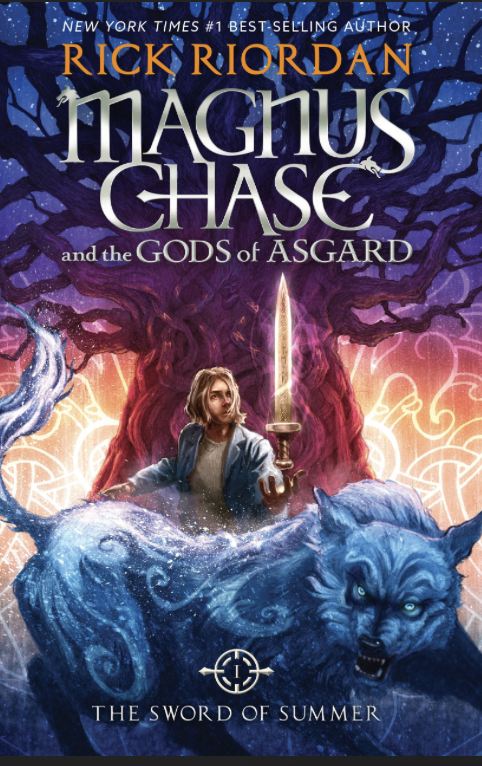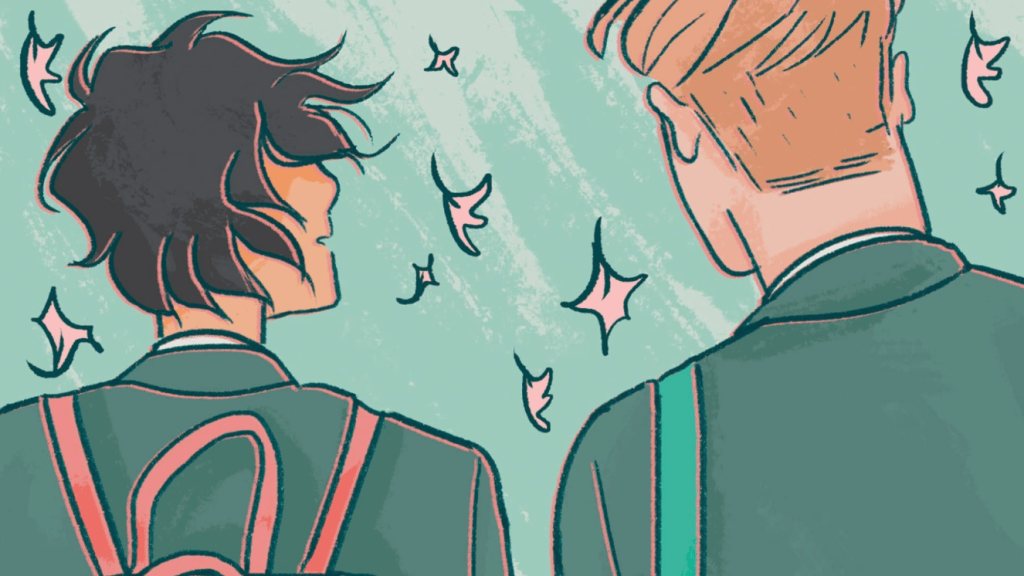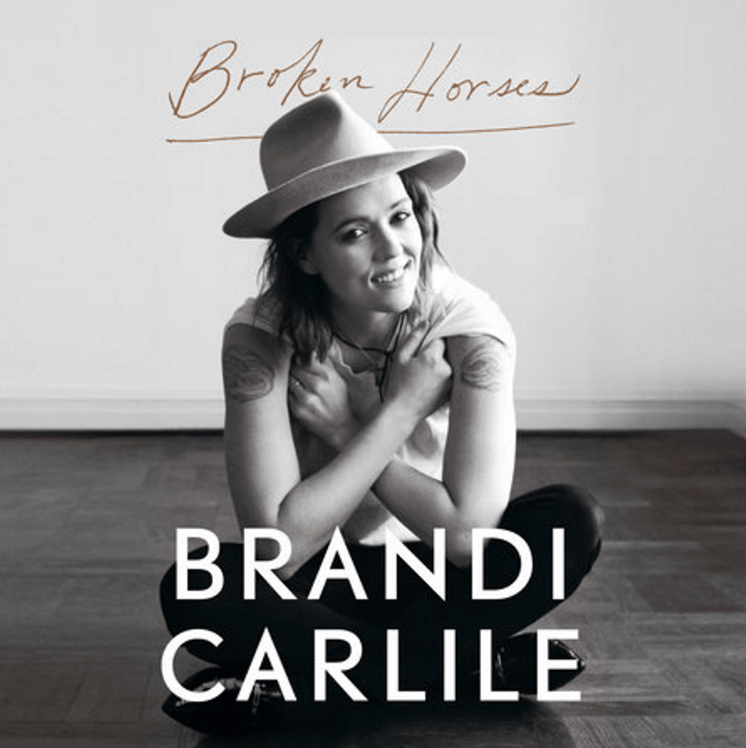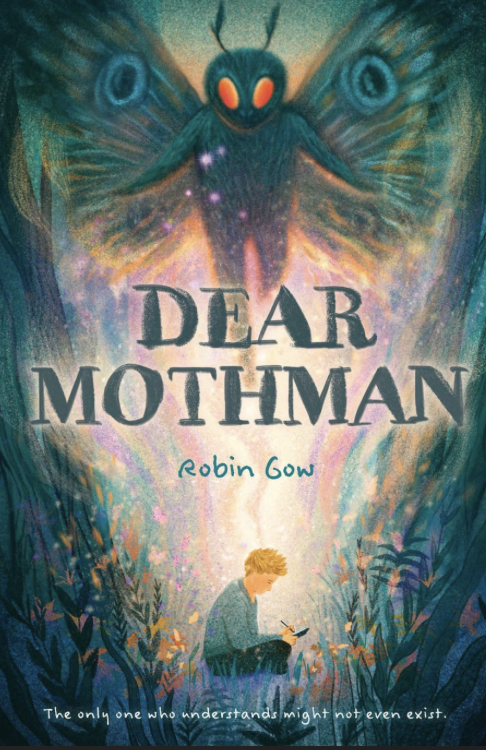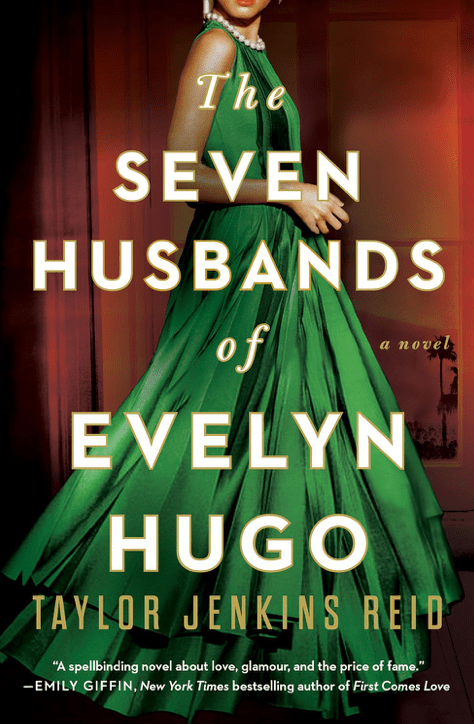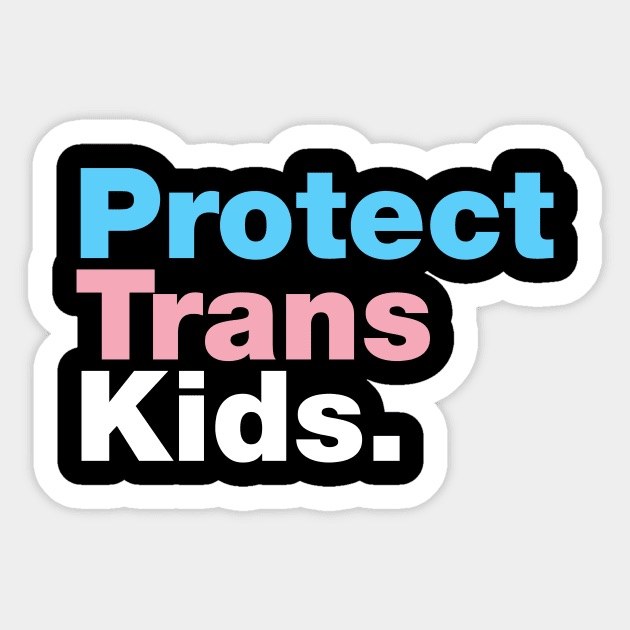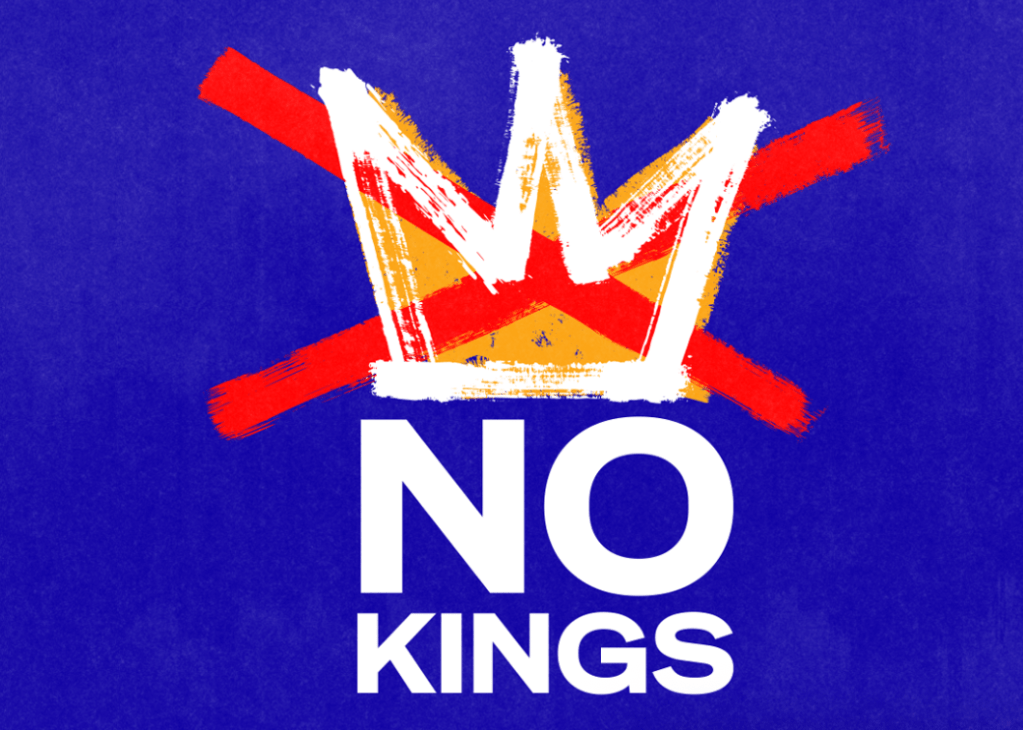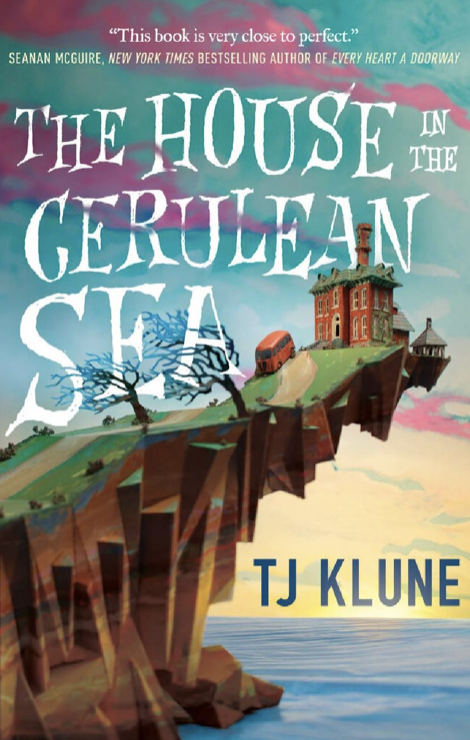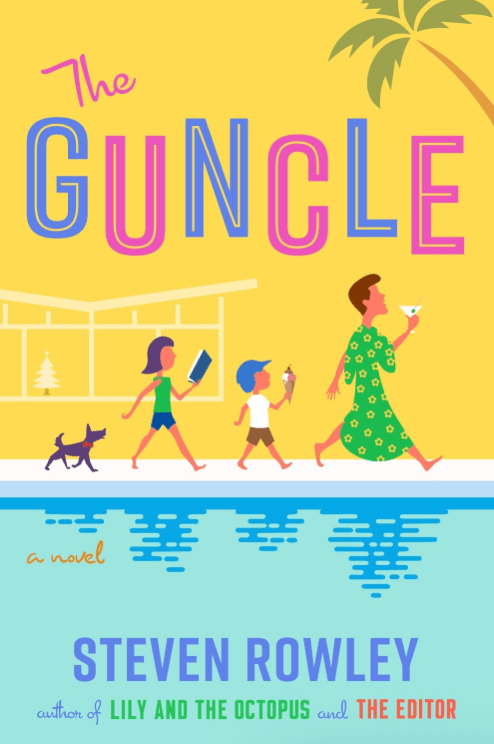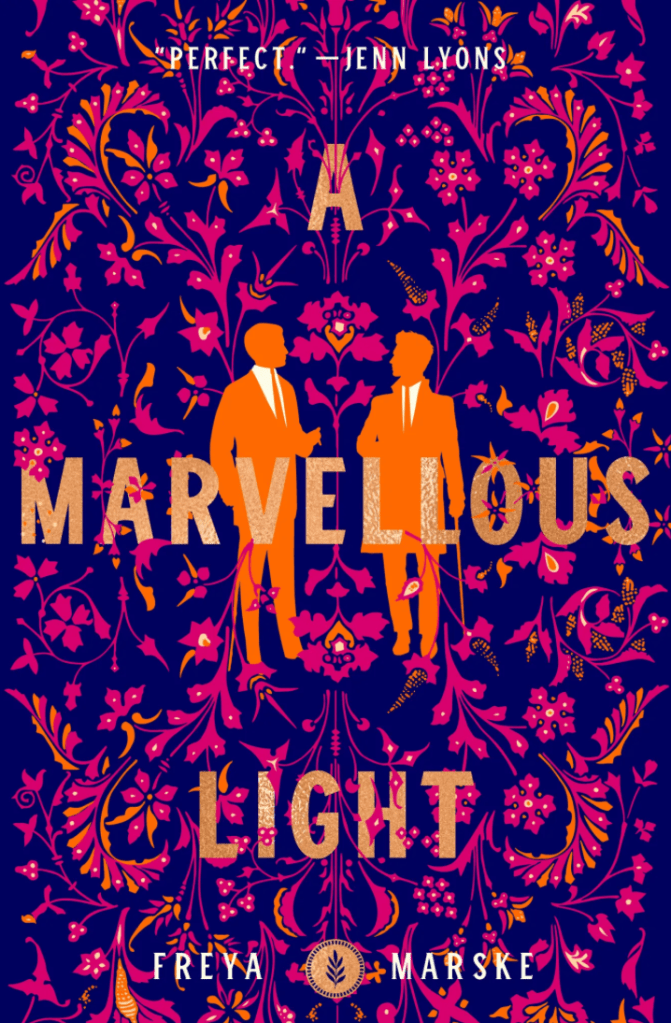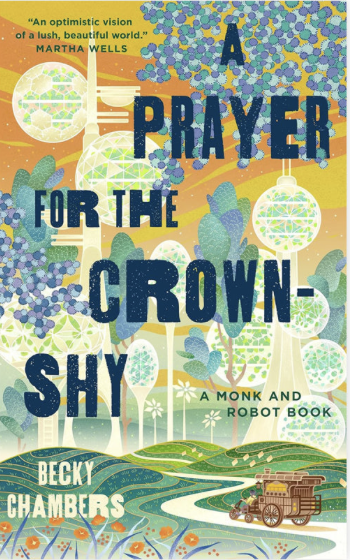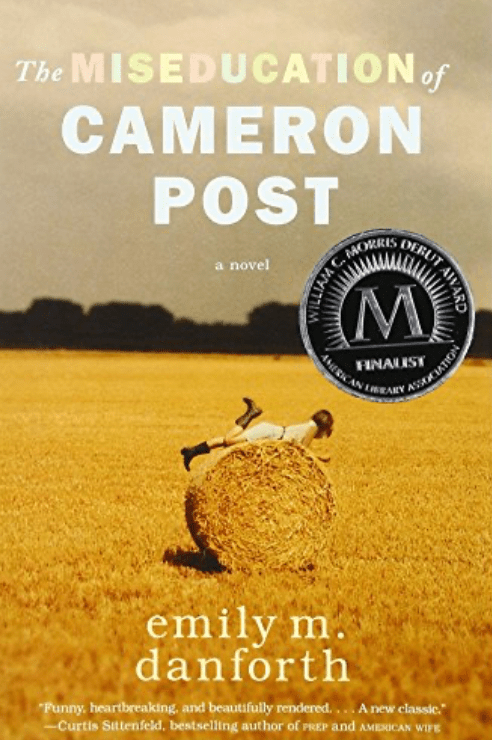All day the noise and smells from the roadwork behind my house assault my brain. Drilling, scraping, jackhammering, dumping, steamrolling, beeping. This has been going on for many months. They say it will be finished by the end of this year. Then the construction in our condo complex will make its way onto our block. The front porch of the house above ours is tilting downward. Sagging? Can concrete sag? To prevent the sudden collapse of the concrete onto our heads as we walk out of our front door, they installed two thick poles that frame our front door and theoretically hold up the dispirited concrete. Later, they added poles running diagonally from the front of our house to the cement stairs we walk down to reach our house. These poles prevented us from walking directly to our next door neighbor’s house. Instead we have to walk up our stairs and down theirs to get to the door that’s maybe six feet away from ours. More recently they installed large sheets of plywood next to our door and the neighbor’s door, and began to dig a hole through what was the walkway between them. I don’t know what the hole is for. It’s been there for months now.
At night the noise from within my head keeps me awake. Until the last couple years, falling asleep came easily to me, and I could do it under almost any circumstances. Now, the tiny blinking light from a digital device, the gurgle of the toilet running downstairs, the smell of my own sweat will keep me awake. As many nights as not I have to move to a different room because my husband is snoring. We’ve shared a bed for 21 years and I’m sure he didn’t just start snoring this year, but I’m no longer able to ignore it. He says I snore too, which may be true but he manages to sleep anyway.
Of course it’s not just the external stimuli that keep me awake. It’s also the trickster commonly called perimenopause. If you’re a woman my age and you’re experiencing almost any vexing symptom, it’s likely perimenopause. And it feels impossible to extricate the anxiety from hormonal roller coaster. It’s all in there, swirling around like ratatouille or risotto in my head, convincing me that it requires vigilance and constant attention, lest something boil over or burn.
Meanwhile, in my husband’s brain, insidious and mean-spirited demons, also known as glioblastoma, are at work. He is battling them with daily chemo pills and 30 doses of radiation, which surprisingly feels like nothing. He is feeling fine so far, after weeks of worrying that treatment would knock him out. I am holding my breath, wondering when the other shoe will drop. He is not working, which is understandably confusing for him. He’s had to work for the past three decades. Instead, he is making new friends. Our people have shown up for us in beautiful and powerful ways. Friends signed up to drive him to the hospital every day for radiation. Friends are coming over to play cribbage with him. Friends are taking him to his favorite park. Some of these folks he already knew. Some of them I knew but he had never met. Some of them were, honestly, just acquaintances or friends of friends or people on Facebook who we met 20 years ago, but now they’re real friends, because they are showing up.
My husband is an introvert. He cares about people and he cultivates relationships with people he volunteers and works with, and he is incredibly kind. But he’s often struggled in social situations where he feels like he isn’t being heard, or that his presence isn’t valued. Now, everyone tells him frequently and explicitly that he matters, that he is valued, and that they want the best for him and want to spend time with him and want to be of help. If only it didn’t take a life-threatening diagnosis to make this happen. In ordinary circumstances, it would likely be perceived (by many people, if not all) as awkward or odd to post on social media that you’re looking for good people to do fun things with your husband. But in this situation, it’s all good. He has often wondered (and worried) about what his legacy is, and if he’s made a difference in the world. Now he’s gotten hundreds and hundreds of affirmations and confirmations that his existence and his actions and simply his compassion and kindness have been known and felt and will have ripple effects far into the future.
While he was in the hospital, I embarked on some kind of fever pitch Marie Kondo quest to get rid of stuff from our house. We’ve always had a lot of clutter and I have always—constantly—steadily tried to purge things whenever possible. But this time around I was possessed by this fervor. Friends and family came over and helped me make decisions, organize, and physically remove junk from my house so I didn’t have to worry about it. Bags and boxes went to Goodwill. Bags and boxes were posted on Buy Nothing. I delivered donations to people I thought could use them. I cleaned, I consolidated, I threw away so much crap. Almost all of those piles of “we’ll figure this out later” are gone now. Not that our house is spotless or minimalist now, but I do feel a sense of relief that our existence is less crowded. It’s possible I thought that getting rid of all the unneeded physical stuff would also empty my mind of unnecessary garbage. And maybe in some way it did. Because something had to go to make room for the currently consuming thoughts of scheduling appointments and seeking support and following medication regimens, on top of the regularly scheduled concerns about parenting, paying bills, and that oft-mentioned and elusive “self-care” that I hear so much about. I went to the dentist today and learned that one of my teeth that already had a filling now has a cavity on its side so I will need a crown (or possibly a root canal!) and we’ve maxed out our dental insurance benefit. Does this count as self-care? Technically, I’m caring for myself, but it wasn’t terribly fun. I’ll keep working on that. Oh—I’m going to see live music tonight with friends. Much more pleasant than a root canal.
Between the time I started writing this and now, the noise has stopped. The construction workers have gone home for the day. The wind that’s been blowing leaves around has stilled. I’ll try to follow suit and allow my brain to quiet down as well. At least for a little while.





